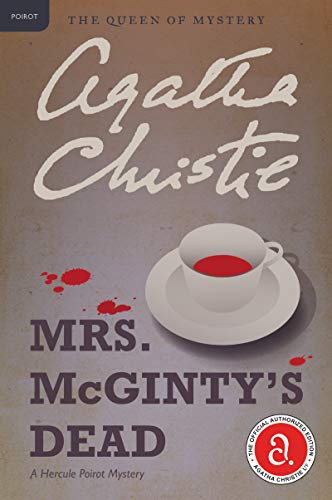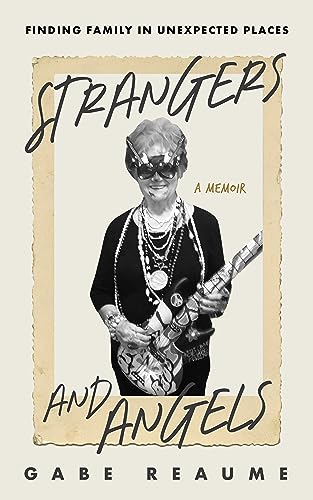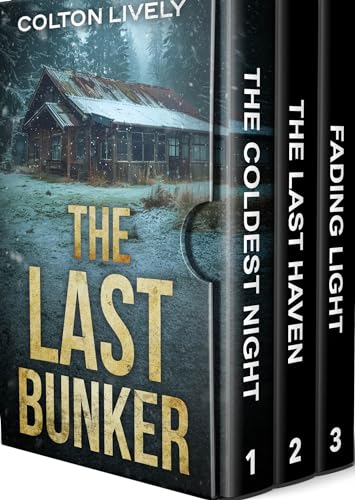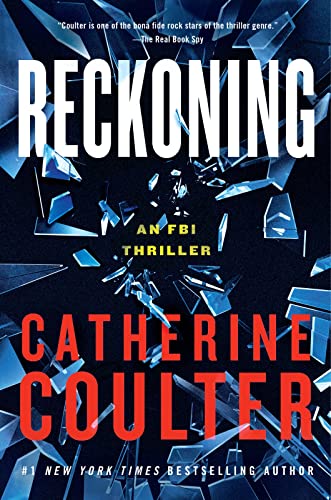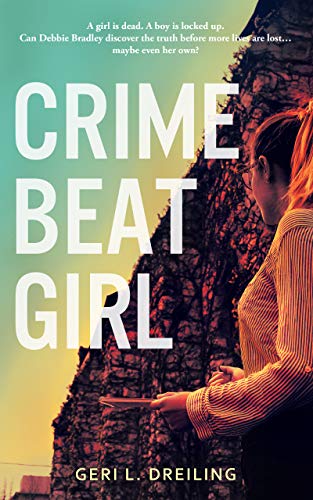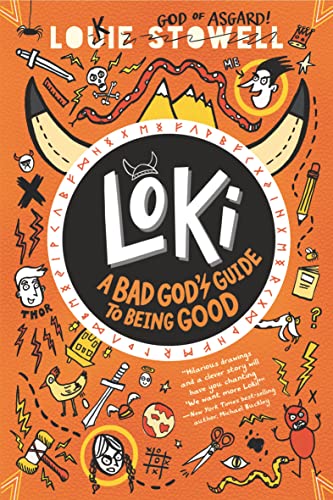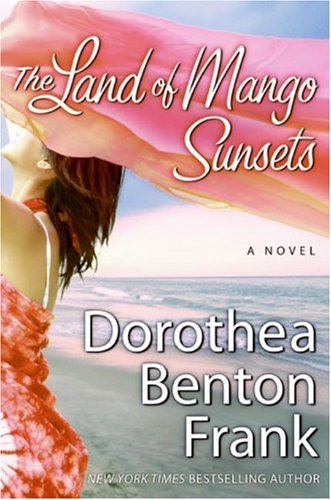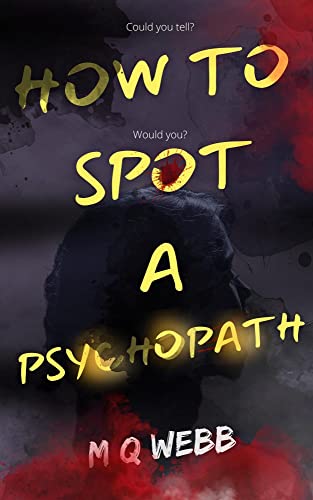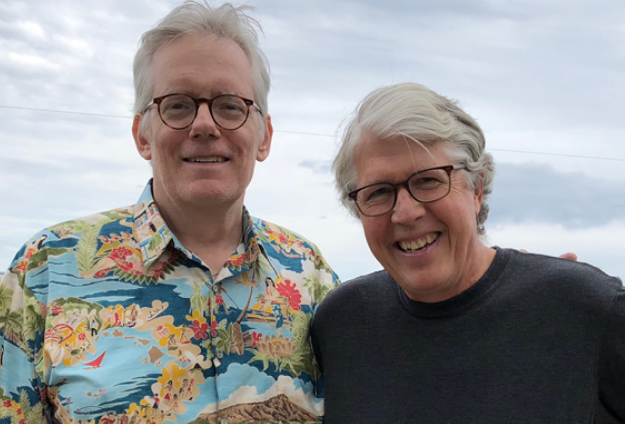The successful writing duo talk with CrimeReads on keeping a partnership going, their new tale of Donner Party horrors, and the end of the world…Support our news coverage by subscribing to our Kindle Nation Daily Digest. Joining is free right now!
If you’ve spent time in a bookstore’s horror or scifi section, or follow the world of techno-thrillers, you’re probably a huge fan of the collaborative writing duo Preston & Child. Douglas Preston and Lincoln Child have been writing together for over 20 years, ever since the release of 1996’s Mount Dragon, and many books and multiple series later, they’re still going strong. Their latest thrilling endeavor, Old Bones, takes us into a fictional lost camp of the Donner Party as treasure hunters and archaeologists compete to find a stash of gold coins while using some very real science to analyze the site and its gruesome artifacts. Douglas Preston and Lincoln Child—or Doug, and Linc, as they charmingly refer to one another—were kind enough to answer a few questions via email about their latest book, their impossible-to-categorize oeuvre, and how the world’s most likely to end.
CrimeReads: Let’s start with the basics—y’all are a highly successful writing duo that has managed to work together for decades. How do you keep the collaboration fresh and interesting?
Lincoln Child: In a strange way, the more books we write, the easier it gets to work together. We ironed out the kinks a long time ago, and we respect each other as much or more now than when we first became friends. If there were going to be serious ego or other issues, they would have surfaced a dozen or more books back. (We also know how difficult—albeit satisfying—it is to write solo novels.) One side effect of this is that just about every part of the joint writing process is enjoyable, including working out new storylines and characters, etc. We both have voracious curiosities, be it about historical mysteries or strange new technologies, and since we have different interests this gives us a very deep well to draw from. Also, we are committed to never growing stale or writing the same book over and over again, as (alas) sometimes seems to happen with extended series, and so—although we challenge each other throughout the entire writing process—perhaps the most effort and back-and-forth occurs during deciding on what to write next. Hence the freshness. I hope.
Douglas Preston: The most important point that Linc makes is that we trust each other’s judgment and taste. If Linc tells me something I’ve written is pure garbage, after I have thoroughly damned him to hell, I have to accept that he’s right—that’s why he’s my partner, because I trust his taste, and expect him to break the bad news to me about something I’ve written, or vice versa…
Your works can veer quickly from horror to humor and back again. How do you balance humor and action in your works?
LC: Although we of course hoped it would be a success, we were nevertheless as surprised as anyone when Relic, our first book, was ultimately published in hardcover and then picked up by Hollywood. We take great pride in our books, but we have also learned to never take ourselves too seriously. I think all, or almost all, of the best horror stories have veins of humor running through them to a greater or lesser degree. It’s those lighter moments that give the audience a moment to breathe…but also let down their guard. Look at Hitchcock.
DP: The great Irish writer Patrick Kavanaugh once said that tragedy is merely underdeveloped comedy. In my opinion, a humorless thriller is only half a book. Even Shakespeare’s darkest tragedies are salted with comedy and even farce.
Old Bones is about the search for the Lost Camp of the Donner Party—while most of our readers would be familiar with the Donner Party, I’m not sure how many know about the Lost Camp; could you tell us a bit about the inspiration for the novel?
DP: The tragedy of the Donner Party is certainly one of the most horrifying episodes in the settling of the American west, in which members of an emigrant caravan became snowbound in the mountains of California, with many of the survivors eventually eating their dead friends and relatives. There were several camps of Donner Party members. The wagon train was strung out at the time they were stranded, miles apart. These camps have been excavated over the years, with very interesting results. For fictional purposes, we posited a third camp that hadn’t been found and excavated. The novel is about the discovery of that particular camp and its excavation—and the horrors that ensue, far worse than mere cannibalism.
What’s the craziest research story y’all have? Did you spend a winter camping out in the mountains for verisimilitude? Is there a lost third co-author of the book still up in the mountains?
DP: I spent some time backpacking in the Sierra Nevada of California, so I had a good sense of the landscape and setting. As for the craziest research we’ve ever done, it wasn’t for this book, but for a novel entitled Gideon’s Sword. I made a guerrilla landing on Hart Island, in Long Island Sound, for research. Hart Island is owned and run by the NYC Department of Corrections, and it is where prisoners bury the bodies of indigent and unclaimed corpses found in New York City—the largest Potter’s Field in the world, with over a million graves. I was caught by prison guards and just barely escaped without being arrested.
Read full post on CrimeReads

